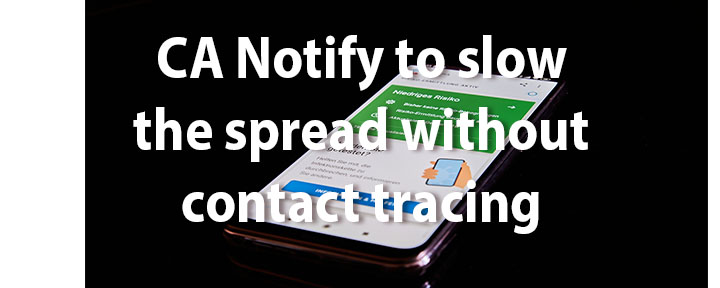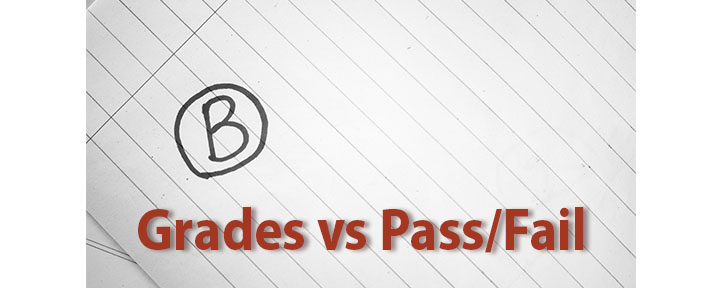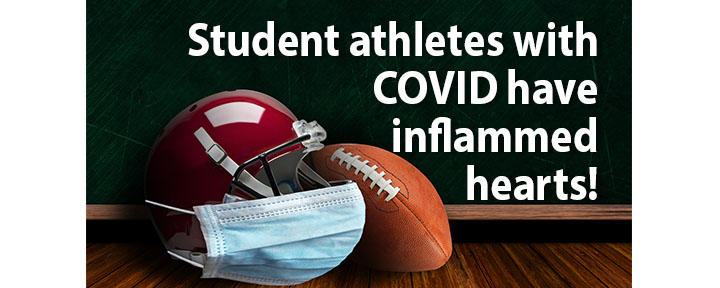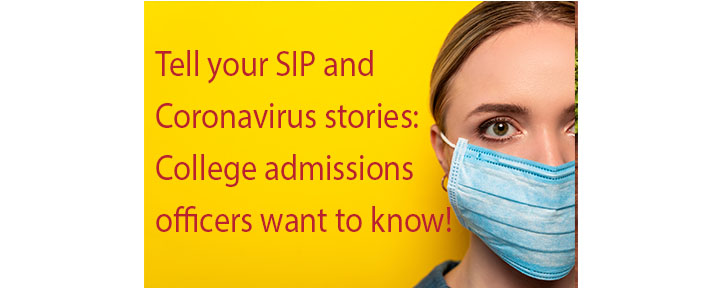
This virus is alive and spreading. Thinking that it’s just going to go away in different regions while the rest of the states and countries continue to see new outbreaks is naïve. It surprises me that intelligent people think that they can gather in groups smaller than 10 and that they’re safe. Seriously? Just meeting with ONE PERSON is not safe today. You don’t know who that person has been with during the last 2 weeks (girlfriends, coworkers, teachers), what surfaces they have touched (grocery stores, gas stations, door knobs), if they are asymptomatic, or if they may have a false-negative coronavirus test result. Take-away message: YOU DON’T KNOW WHERE THEY’VE BEEN!
The University of Arizona just analyzed student dorm sewage on campus and found one dorm tested positive. They tested the 311 students who lived and worked in the dorm, and found 2 asymptomatic students. These students were quarantined. Had the university not stepped up their proactive analysis of student sewage, the students could have spread the virus all over campus.
Colleges are opening up across the United States with great intentions of keeping students safe. They expect students to follow an honor code with rules about the numbers of people they party with and the 6-foot distance to keep between themselves. I wrote a blog about why college students’ prefrontal cortexes aren’t fully developed until age 25 so they don’t have the reasoning skills they need to make smart decisions. When college students engage with roommates, classmates, professors, and staff on campus, and then they visit friends in the local community, travel home to see family for holidays, and zigzag their way through public transportation and on airlines, they may become the reason that we see a huge rise in COVID cases and death this fall and winter.
The “rules” that everyone loosely considers when they’re out in public are just general rules. The 6-foot rule is for people who are not breathing hard. In other words, they’re not walking or running, they’re not exercising, and they’re not laughing or talking loudly. My daughter Nicole (an ER doc) says that the safe distance is really 10 feet, not 6 feet.
I find it ridiculous that it’s okay to gather with less than 50, 25, or even 10 people. Say one of those people is asymptomatic or has been tested but had a false negative reading, that person could most certainly infect the other 49, 24, or 9 people in that “safe group.” As long as we are circulating with anybody outside of our households, we are part of the problem. We are all spreading the coronavirus if we have contact with other people. Period.
Hindsight is 20/20, and if I would have known what I know today and had the influence to do this, I would have shut down the entire world for 2-4 weeks. If everyone would have stayed home and only hospitals, law enforcement/first responders, and absolutely essential businesses stayed open (with daily testing and quarantining), we could have stopped the coronavirus from spreading. We would all be back to work and school today, and we would have bounced back economically – we now know we can survive a 2-4 week shut down.
This has been an enlightening year for me. As the eternal optimist, I thought that we would have the coronavirus under control in a few weeks, or months. But what I’ve learned is that when we don’t understand a threat like a pandemic, we get scared. This fear drives our next steps that make us think we’re invisible; we won’t get the coronavirus so we’ll forge forward! – or – we think we’re going to die; we need to protect ourselves by staying away from everyone. Then, we look for leaders or information that support our beliefs. By hearing what we want to hear, we’re not making sound decisions about how to stop the spread of COVID-19. So today, decisions are being made for political and financial reasons, not for humanitarian reasons.
SOURCE





